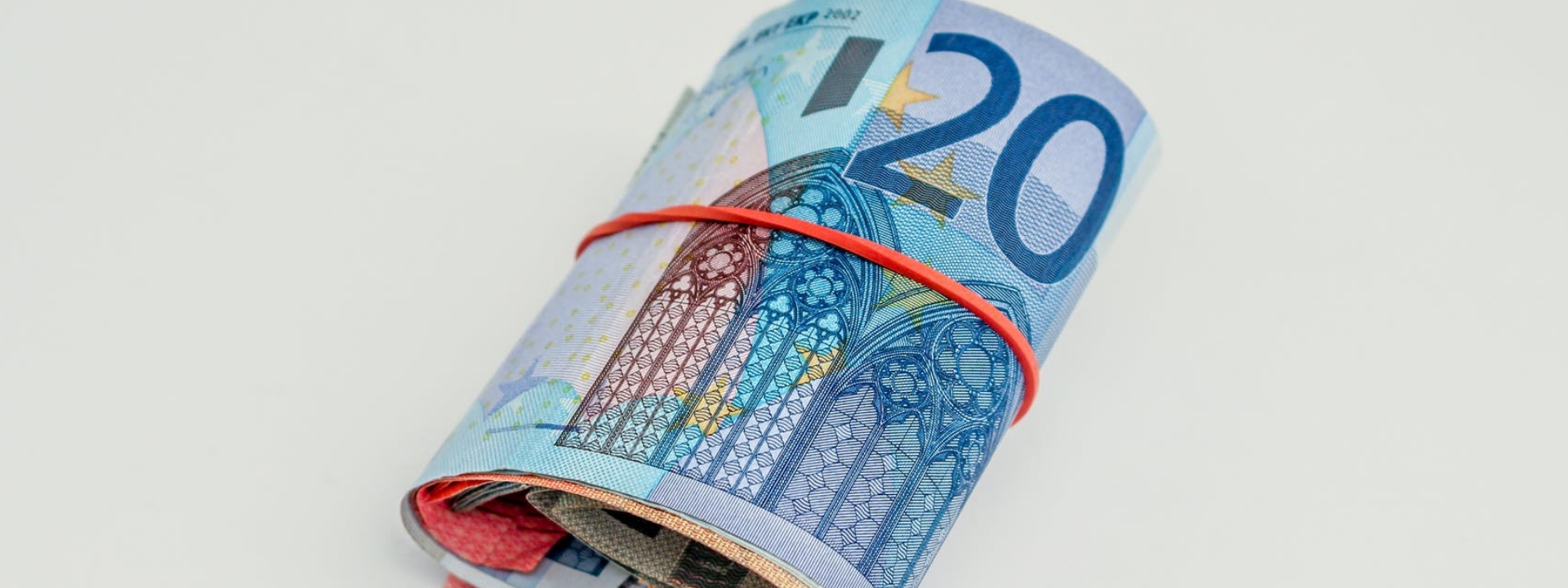
BUSINESS INSIGHT: THE EFFECT OF PURCHASING POWER
In business, there are innumerable challenges that would pose themselves as obstacles standing in the way of an entrepreneur’s success. Sometimes these seeming barriers are controllable and within the entrepreneur’s ability. While other times, they are controlled by external factors and beyond an entrepreneur’s power.
Recently, Oluwatosin Olaseinde, founder of Money Africa, on her Twitter page identified low purchasing power as one of the factors that hinder most businesses in Nigeria. She indicated that many businesses could not scale up due to limited income. This means they are financially unable to upgrade their business to meet standard. While there were many responses to this, we decided to single out purchasing power to know how it can make a business thrive or suffer.
Firstly, purchasing power is the value of a currency expressed in terms of the amount of goods or services that one unit of money can buy. This plays out clearly in times of inflation when the prices of goods and services are increased thereby reducing the amount of purchases one makes. Another way to view purchasing power is to compare the quantity of commodities one could buy in the 80s with a N20 note as against what it can afford today.
At every point, economic activities are always affected by purchasing power. These activities range from traders who export or import goods, to vendors selling their products and services, to consumers buying these products and down to investors. Stock prices are not left out since they determine economic prosperity. The global market is affected when there is inconsistency in a currency’s purchasing power due to too much inflation. This leads to unfavourable economic crises and outcomes – high cost of living, increase in prices of goods and services, decrease in demand, etc.
Most times, an entrepreneur has to depend on government policies and regulations to maintain a healthy economy and stable purchasing power. These policies could be favourable sometimes or it may also have terrible effects on some business who cannot meet up the changes. A way to measure the purchasing power is through the Consumer Price Index (CPI). This index is calculated by averaging the price changes. The CPI is also a tool for checking the rate of inflation and deflation in a country.
Nigeria, as a country, has had some irregularities in its currency as a result of recession both in 1991 and 2014. Though the tough times are slowly passing away, they say, the economy is yet to be restored to what it ought to be. Unfortunately, those in business and consumers are the ones faced to bare the burdens that arose with the economic instability.
Purchasing Price Parity (PPP) is one of the concepts connected to purchasing power. It is an economic theory that estimates the amount of adjustable price of an item, given the exchange rate of two countries with the aim of matching each currency’s purchasing power. This can be used to compare a country’s income level and the economic progress. Through PPP, an entrepreneur could forecast the outcome of certain economic decisions especially in terms of doing business with other countries.
Lastly, another concept to consider is purchasing loss/gain which is an increase or decrease in the quantity consumers can buy with a given amount of money. There is always a loss in purchasing power when prices are increased and gain in purchasing power when prices are reduced. If government regulations, inflation and natural and manmade disasters are not put in check, there will be more purchasing power loss.
This invariably means most entrepreneurs have to either hold their breath hoping these factors that are beyond their control will not overwhelm their businesses else Oluwatosin Olaseinde’s statement remains true.
So it is imperative for businesses to have good financial strategies in order to stay thriving.
Written by Jennifer Chioma Amadi
Do you need business strategies? We can help. Send us an email at wecare@mapemond.com
Do Business Better!

